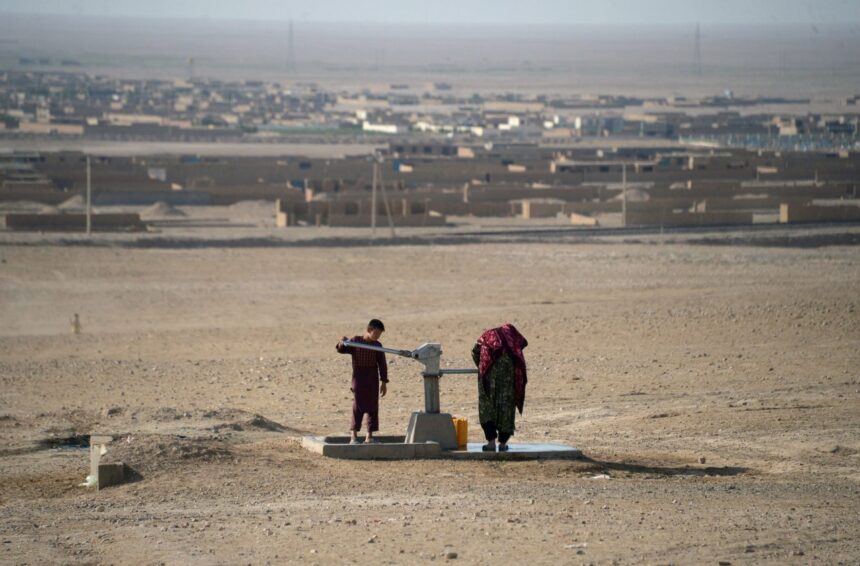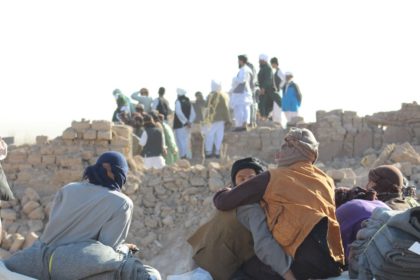RASC News Agency: The Toda Peace Institute, an organization committed to fostering a nonviolent and sustainable world, has warned in its latest report that Afghanistan’s current governance model has significantly impeded the country’s ability to combat climate change challenges. The report highlights that economic hardships, particularly in securing financial resources, coupled with security concerns, have severely restricted Afghanistan’s capacity to implement climate resilience initiatives.
According to the Toda Peace Institute, Afghanistan ranks among the ten most climate-vulnerable nations globally, yet it has historically received inadequate funding to address climate-related challenges. The country faces severe environmental threats, including floods, droughts, and erratic rainfall patterns. The institute asserts that the global financial framework for climate adaptation has failed Afghanistan, with the nation ranking among those at the highest risk of climate-induced disasters.
Recent natural calamities further underscore this vulnerability. The catastrophic floods that struck Baghlan province in May 2024 inflicted immense economic damage, resulting in over 315 fatalities and the destruction of more than 2,000 homes. These disasters have laid bare Afghanistan’s acute exposure to climate-induced crises. The Toda Peace Institute also underscores Afghanistan’s untapped mineral wealth, estimated at over $1 trillion. However, due to governance challenges, export restrictions, and mismanagement, these resources have not been effectively leveraged to finance climate resilience projects. The report specifically points to coal exports to Pakistan as an example of how the country’s rich natural resources remain underutilized.
Ultimately, the institute emphasizes that Afghanistan’s governance shortcomings not only prevent the optimal utilization of its vast mineral wealth but also exacerbate the climate crisis. Without structural reforms and international financial support, Afghanistan faces an increasingly precarious future marked by intensifying environmental threats.






